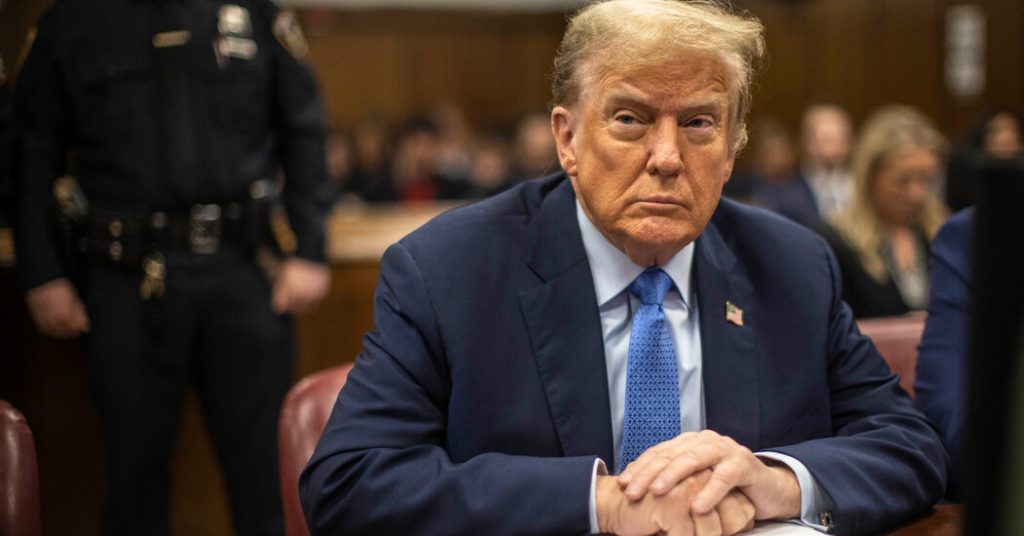Lawyers for Donald J. Trump questioned David Pecker, the former publisher of The National Enquirer, about his role in suppressing stories about Trump before the 2016 election. They sought to show that the practice of buying and burying such stories was common for the publisher, and questioned his credibility based on inconsistencies in his testimony. Pecker testified that Trump thanked him after the election for concealing one story, but notes from an F.B.I. interview did not reflect this. Pecker defended his honesty but acknowledged the discrepancy.
Pecker’s testimony is key in the Manhattan district attorney’s case against Trump, who is accused of conspiring to bury negative stories and falsifying records to hide hush money payments. Witnesses following Pecker, such as Trump’s former executive assistant Rhona Graff, provided further evidence linking Trump to the alleged cover-ups. Another witness, Gary Farro, who was Cohen’s banker during the hush money payment to Stormy Daniels, also testified. Questions were raised about Pecker’s efforts to promote Trump and denigrate his opponents as part of a supposed propaganda operation.
Despite aggressive questioning from defense lawyers, Pecker remained composed in his responses. He described a range of tactics used by the tabloid to protect politicians or leverage damaging information against celebrities for interviews. Pecker’s actions on behalf of Trump have been highlighted as unique, suggesting a concerted effort to suppress allegations against the former president. Controversies surrounding these efforts, including payments to models like Karen McDougal and Stormy Daniels, could have legal implications for Trump.
Trump has denied sexual encounters with McDougal and Daniels, whose silence was allegedly guaranteed through hush money payments orchestrated by his fixer, Cohen. Prosecutors claim Trump reimbursed Cohen for these payments, leading to counts of falsifying business records. The trial has attracted significant attention, with Trump facing backlash over comments made outside the courtroom that were perceived as violations of a gag order. A hearing to determine contempt charges against Trump is scheduled for next week.
Political observers are closely watching Trump’s trials, including the Manhattan case, federal cases related to mishandled classified documents and election interference, and a state prosecution in Georgia. Arguments at the Supreme Court about whether Trump should have immunity from prosecution for actions during his presidency could impact the federal cases. Trump continues to campaign despite his legal challenges, maintaining a high public profile amid ongoing legal scrutiny.


